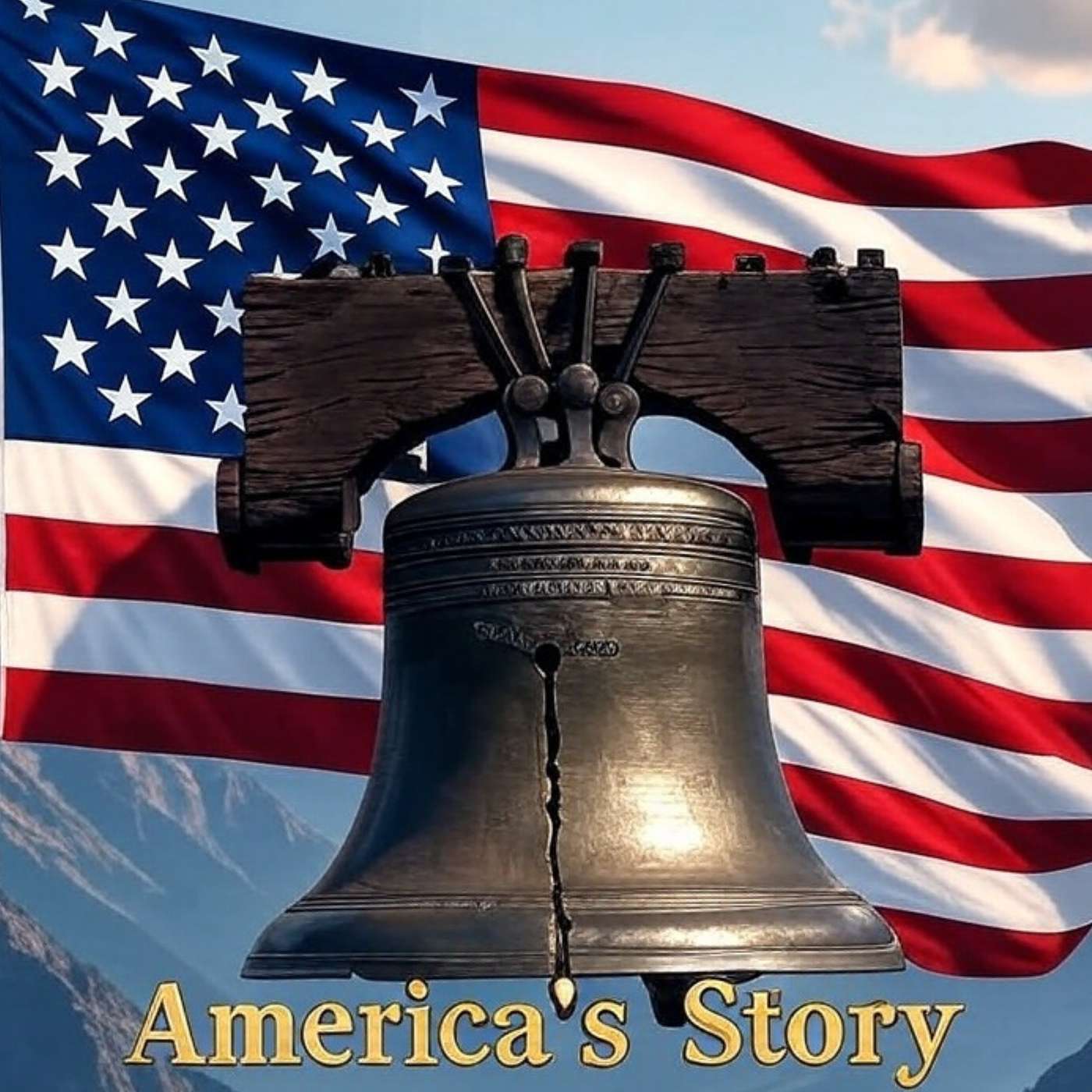MM#429--80 Years Later...The Hard Truths of 1945: How the Atomic Bombs Prevented Greater Tragedy
Description
FAN MAIL--We would love YOUR feedback--Send us a Text Message
The darkest moments of history often involve impossible choices between terrible options. Such was the case in August 1945, when President Harry Truman authorized the use of atomic weapons to end World War II. In this compelling episode, we examine Richard B. Frank's definitive account "Downfall: The End of the Imperial Japanese Empire" to understand why those bombs, despite their horrific toll, likely saved millions of lives.
What makes this historical moment so powerful is the stark mathematics behind the decision. By summer 1945, Japan's strategic situation was hopeless, yet their commitment to fight remained absolute. American intelligence revealed 4 million Japanese troops still under arms, with 900,000 defenders fortifying Kyushu exactly where Americans planned to land. Their "Operation Ketsu-Go" included 540 midget submarines, 3,000 suicide boats, 4,000 underwater frogmen, and waves of kamikazes – all designed to inflict such devastating American casualties that the U.S. would accept a negotiated peace rather than unconditional surrender.
The alternatives to atomic weapons were grim. Conventional bombing had already killed 300,000 Japanese civilians and destroyed 66 cities without prompting surrender. A naval blockade would cause millions to starve slowly. The planned invasion, Operation Downfall, projected 500,000 to 4 million American casualties and 5-10 million Japanese deaths. Even after Hiroshima and Nagasaki, which together killed approximately 214,000 people, Japan's War Council remained deadlocked until Emperor Hirohito personally intervened.
This episode challenges us to consider how we judge difficult historical decisions without knowing all the facts. As Frank concludes: "American goals were simply not victory but peace... Had American leaders in 1945 been assured that Japan and the United States would pass two generations in tranquility... they would have believed their hard choices had been vindicated, and so should we." Join us as we explore this pivotal moment that reminds us why understanding history's hardest choices matters for our world today.
Key Points from the Episode:
• After David's father's accident and recovery, the podcast is returning to its previous format
• The "patriotic orthodoxy" that emerged after WWII holds that atomic bombs not only caused Japanese surrender but prevented horrific invasion casualties
• Critics argue Japan was already defeated and seeking surrender, or that alternatives like a demonstration bombing would have sufficed
• American intelligence revealed 4 million Japanese troops under arms, with 900,000 defenders on Kyushu and 12,000 aircraft converted for kamikaze attacks
• Japan's "Operation Ketsu-Go" strategy focused on inflicting maximum American casualties to force a negotiated peace
• Conventional bombing had already killed 300,000 Japanese civilians and destroyed 66 cities without prompting surrender
• Atomic bombs killed approximately 214,000 people by December 1945 – a tragedy, but far fewer than the 5-10 million Japanese casualties projected from invasion
• The Japanese Supreme War Council remained deadlocked even after both bombs, requiring Emperor Hirohito's personal intervention
• History shows Truman faced only bad options, and chose the one that would end the war with the fewest deaths
Other resources:
Want to leave a review? Click here, and if we earned a five-star review from you **high five and knuckle bumps**, we appreciate it greatly, thank you so much!







